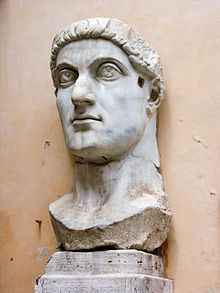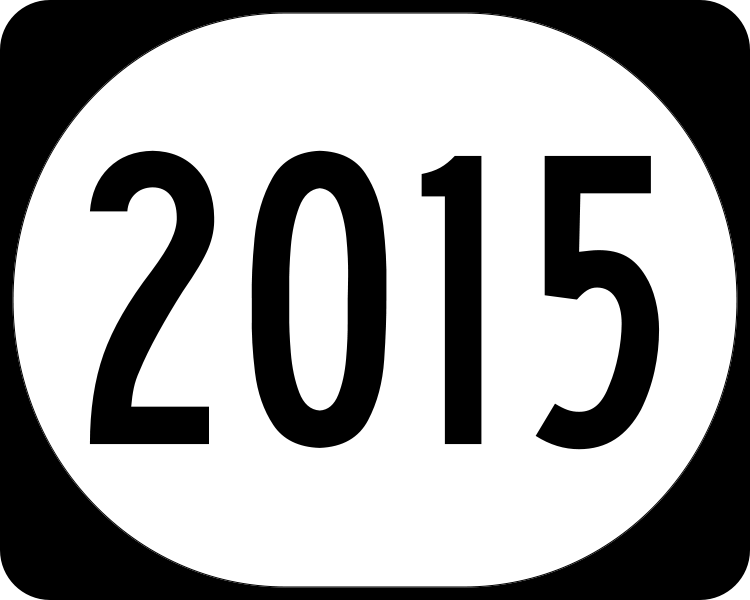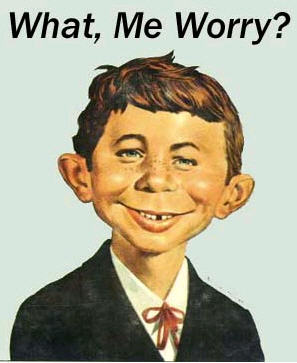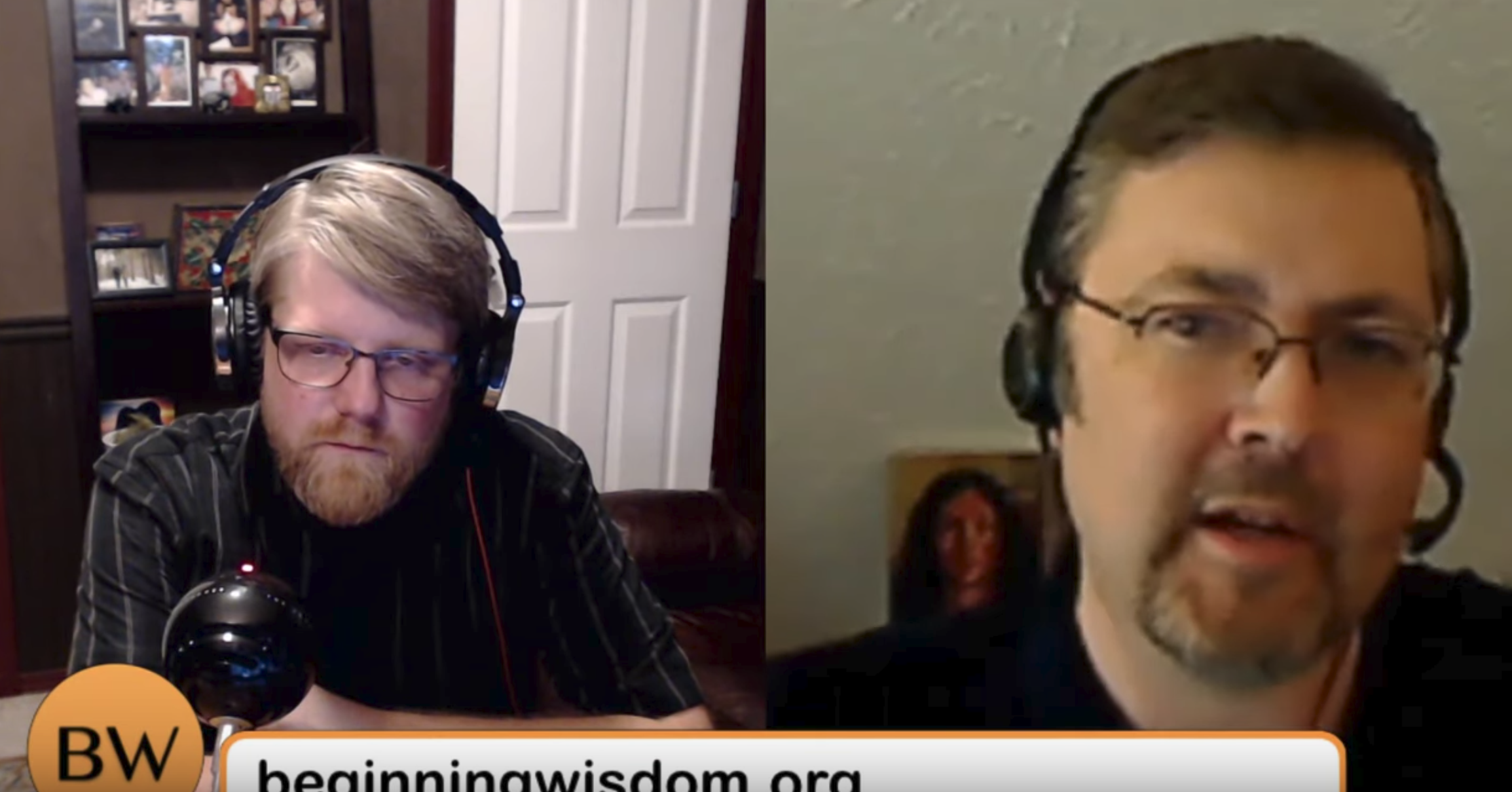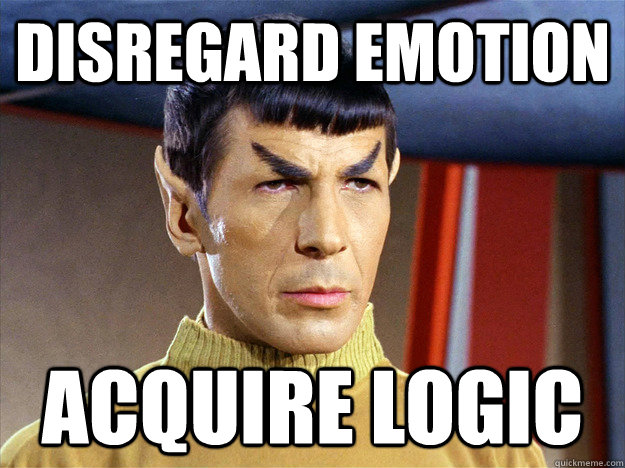In round 3, Burke comes out swinging and swinging. But how much does he connect? In my judgment, somewhat. Here’s an overview of his case, with some critical comments, and at the end I score the round.
In my judgment, somewhat. Here’s an overview of his case, with some critical comments, and at the end I score the round.
First, Burke argues that Jesus’ messianic roles as atoning sin-offering, priest, redeemer, and Davidic king, do not require him to be divine, and further, that the first and last of these require that he is not God. I take it Burke’s point is that they require Jesus to be a human, and that no human is divine. Flag: In this context, the point is question-begging. Bowman no doubt affirms Chalcedon, according to which Jesus has both a divine and a human nature.
Next, Burke has a nice discussion of the Jewish habit, well attested in the NT and in other ancient writings, of talking about what God has predestined as already existing in heaven. This affects what one considers the natural reading of passages like John 17:5 (NIV) “And now, Father, glorify me in your presence with the glory I had with you before the world began.” Burke nicely sketches the line of thought behind this habit – what is predestined is as good as done, so what is future is moved back, as it were, to the past or present – to a time which is “too late” to avoid. He gives a vivid example from Paul of talking about a future event as present: “And God raised us up with Christ and seated us with him in the heavenly realms in Christ Jesus…” (Eph 2:6, NIV)
What is the significance of this? Read More »SCORING THE BURKE – BOWMAN DEBATE – Burke 3



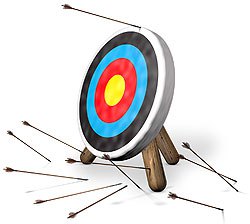

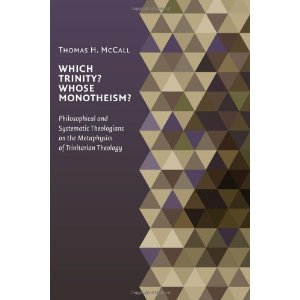

 In my judgment, somewhat. Here’s an overview of his case, with some critical comments, and at the end I score the round.
In my judgment, somewhat. Here’s an overview of his case, with some critical comments, and at the end I score the round.